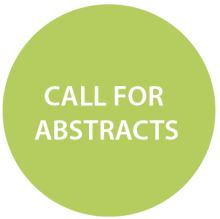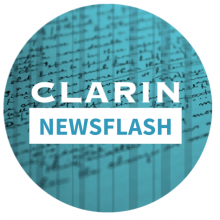The International Journal of Corpus Linguistics (IJCL) welcomes abstracts for a special issue on the theme of COVID-19
News
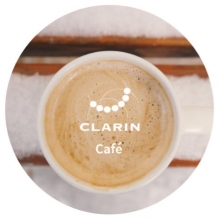
Register for the third CLARIN Café that takes place on Wednesday 8 July from 14:00-15:15 (CEST)
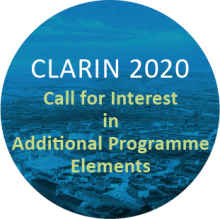
The calls for interest in the additional programme elements of the CLARIN Annual Conference are open
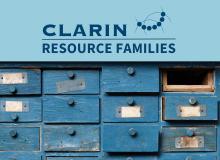
This month CLARIN highlights the 73 historical corpora that CLARIN offers access to.

Read all about the second CLARIN Café that was hosted by CLARIN Ambassador Dr. Francesca Frontini (Université Paul-Valéry Montpellier III)
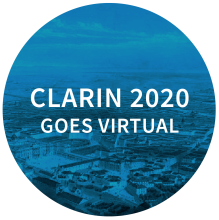
Due to the corona dynamics the 2020 edition of the CLARIN Annual Conference will go virtual.
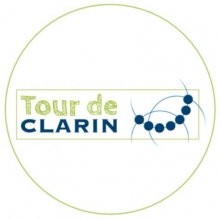
Katarzyna Klessa and Anita Lorenc are experimental phoneticians who have prepared a Polish corpus of disordered speech, which has been released in a GDPR-compliant manner in collaboration with the K-ACE Knowledge Centre.
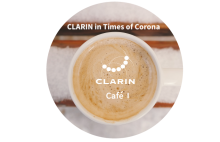
This CLARIN Café aimed to be an informal get-together for researchers to exchange Corona-related research ideas and results.

In this Tour de CLARIN post, we present an interview with Eva Gredel and Yana Strakatova, both of whom have successfully collaborated with CLARIN-D.
ZIM Centre for Information Modelling is officially certified as CLARIN B Centre .

One central focus of CLARIN-D is the support of early-stage researchers in the Digital Humanities. Read all about it in the blog post written by Nathalie Walker.

This month CLARIN highlights the overview of available Computer-mediated communication (CMC) corpora that the CLARIN infrastructure offers.
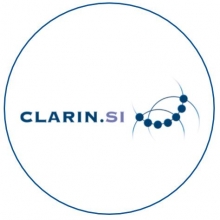
The recordings and presentation slides of the three lectures Tomaž Erjavec gave about CLARIN.SI and the recommendations are available online

Registration for the first two virtual CLARIN Café’s is now open.
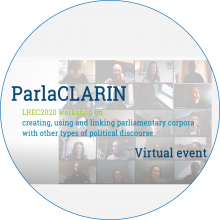
The organisers of the second ParlaCLARIN workshop on creating, using and linking parliamentary corpora with other types of political discourse share their experience with the successful virtual edition of this LREC2020 workshop that was originally envisaged to take place in Marseille.
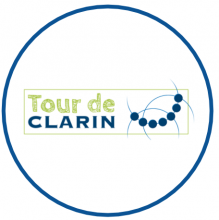
German reference resources are flagships in the CLARIN-D consortium with the German Reference Corpus DeReKo for more modern language data and the German Text Archive DTA for historic language data.
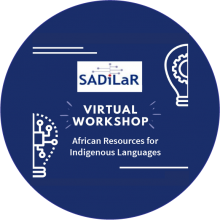
The South African Centre for Digital Language Resources (SADiLaR) will be hosting the first workshop on Resources for African Indigenous Languages (RAIL) that will be held virtually on 16 May 2020 from 9:00 to 13:00 SAST.

WebLicht is an environment for building and executing chains of natural language processing tools, with integrated capabilities for visualizing and searching the resulting annotations. WebMAUS is a web service for automatic word and phoneme alignment.
